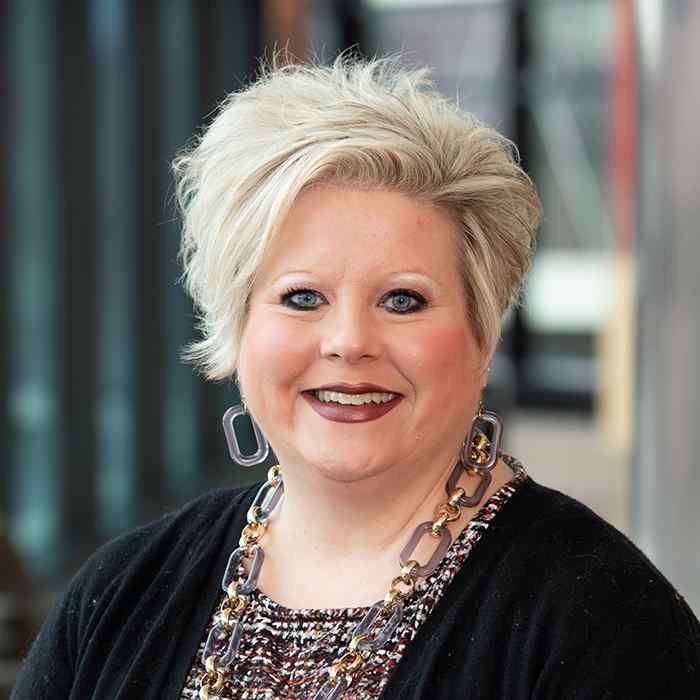Breadrcumbs Holder
Formatted Title
Education
Delivery Options
Delivery Options
On Campus
Popular Careers
Popular Careers
Teaching Assistant
Education Administrator
Sociologist
Urban and Regional Planner
Awards
Awards
A.S. Degree

Dean of the School of Education, Public and Human Service
What it is
Minneapolis College's Education Program, the only two-year pre-professional teacher program in Minneapolis, prepares you to transform society through innovative teaching methods. Experienced instructors help you research and develop culturally relevant teaching methods for diverse school environments and prepare you to see urban schools as places of possibility for a more equitable and just society. The A.S. degree in Education prepares you to work as an educational support professional. In addition, this degree is for students who plan to transfer to a four year university.
Highlights
- By the end of the program, you will have created an electronic portfolio highlighting your achievements in the program that can be used to secure a position as an associate educator and continue to develop as you work towards your teacher licensure.
- Through strong partnerships with the Minneapolis Public Schools, you will have to opportunity to observe excellent teachers, tutor and mentor individual students and teach small groups of students throughout the two year program.
- You’ll have the opportunity to practice with progressive models of education that imagines students as powerful and engaged citizens of our world.
Widgets
Award Requirements and Course Descriptions & Outlines
Please select the award below to view the degree options and requirements in the college catalog.
Program Learning Outcomes
- Analyze and express how race, class, gender, culture, ability and sexuality impact their views of the world and how that lens impacts relationships and curriculum in the classroom, school, and community.
- Describe the pathway into the classroom and evaluate the ethical, legal and professional obligations within the profession.
- Analyze the historical context of schooling in our country and how current policies impact students, teachers and schools and assess opportunities to work for change.
- Assess how the skills of reflection and self-assessment nurture ongoing professional learning and improvement.
- Demonstrate how to work with families, colleagues, and communities of all cultures and socioeconomic classes to build bridges to support student success at high levels.
- Use and evaluate the tools of technology in order to plan for dynamic student learning.